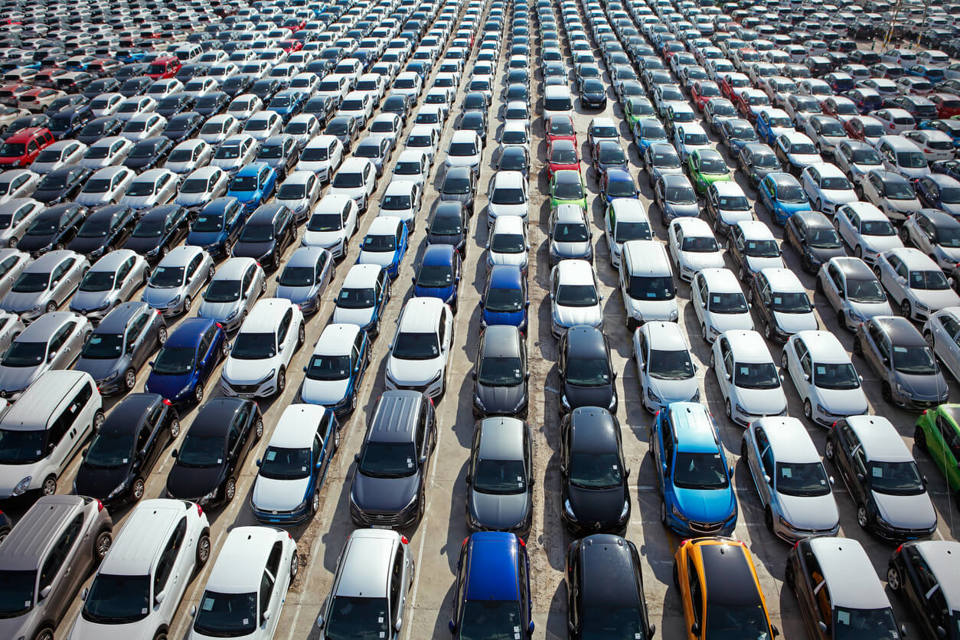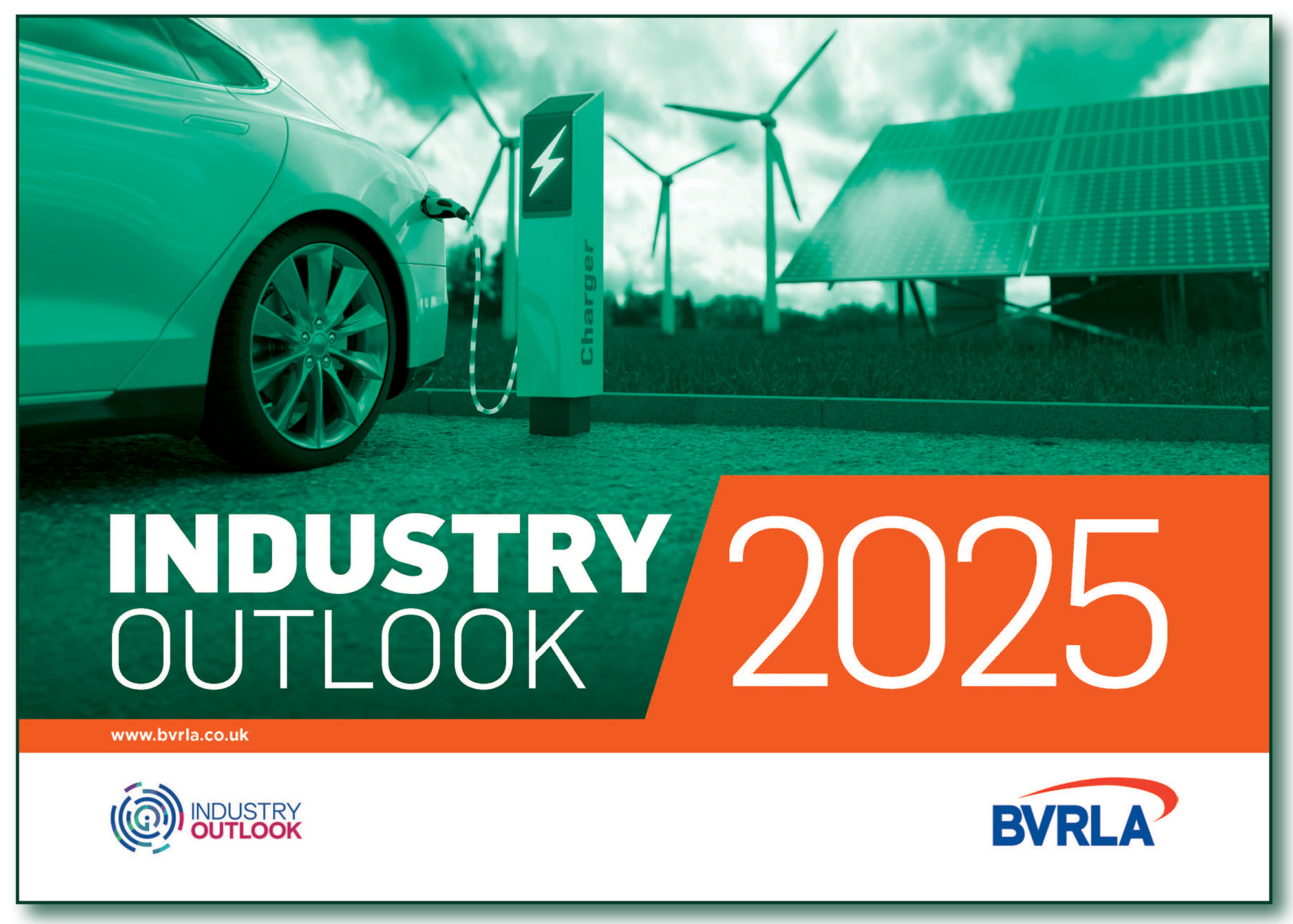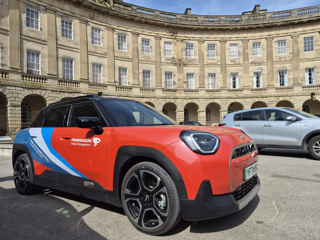Leasing companies expect the hike in national insurance contributions (NICs) and the prevailing mood of tax rises to negatively impact vehicle orders next year.
The findings, from the latest British Vehicle Rental Leasing Association (BVRLA) Industry Outlook Report, show that fewer than half (48%) of respondents expect new vehicle sales to increase next year,
Business contract hire will again lead the way, although there is some optimism for personal leasing demand.
The MD of one leasing company said: “Customers who have extended existing leases or have hung onto their vehicles for longer will eventually have to change, so we believe there is an element of pent-up demand that could stimulate growth.”
However, the BVRLA report suggests that businesses and private households will review all areas of expenditure following the Budget, before committing to assets as costly as new vehicles.
Lead times have returned to normal after the pandemic and semiconductor crisis, but the impact of inflation is impossible to ignore, says the BVRLA.
Compared to 2019, higher new vehicle prices, raised interest rates and weaker residual values (RVs) have dramatically increased the cost of new lease rates compared to contracts that are ending.
Consequently, the BVRLA says that both fleets and private drivers have significant volumes of ageing vehicles overdue for replacement.
Gerry Keaney, BVRLA chief executive, warned: “Our energetic, innovative and resilient sector is facing tough times.
“Expectations that 2025 will see consumer and business demand grow across the board are being offset by turbulent trading conditions and regulatory roadblocks.
“Eyewatering increases to employer national insurance contributions. Upheaval brought about by the Court of Appeal’s ruling on motor finance commissions. Constant confusion over decarbonisation targets. There is no let up.”
He added: “Alongside a shifting operational landscape, BVRLA members and their customers are required to maintain their leading role in meeting ambitious road transport decarbonisation targets.
“Those targets only ramp up and the report reiterates the sector’s need for support that matches the ambitions.”
At face value, the insights behind the latest report show an expectation that things will be better next year when compared to the past 12 months.
The vehicle leasing and rental industry is anticipating improvements in market conditions, led by fleet demand and lower interest rates (see below).
However, the scale of those improvements is dependent on how deep the impacts of the corresponding causes for concern turn out to be.
The report shows that internal combustion engine (ICE) car supply, cash flow, and the regulatory burden are all expected to get worse in 2025.
Each can be directly linked back to the three macro factors that have come to a head in Q4 – NIC increase, zero emission vehicle (ZEV) mandate uncertainty, motor finance commission ruling.
The uncertainty that companies are facing is also reflected in the fact that none of the top three challenges anticipated for 2024 make the top of the list for 2025, says the BVRLA.
RV risk, supply constraints due to the ZEV mandate, and rising costs and energy prices are the biggest causes for concern in 2025, having featured down the rankings in last year’s report.
Separate analysis from data experts at ADS suggests the RV situation for used EVs is also likely to worsen before used values improve.
Borrowing costs to fall
There is better news on the horizon, however, according to the BVRLA report, with the majority of leasing and rental companies believing that interest rates have peaked, and the cost of borrowing will continue to fall in 2025.
Few – just 3% – are expecting significant cuts from the Bank of England, but only 15% forecast that the cost of finance will rise, despite the bank suggesting the recent Budget is likely to prompt half a percentage point rise in CPI inflation.
The decline in rates should help firms with their own borrowing costs and support lower monthly lease rentals, the BVRLA suggests.
Some directors also forecast that lower interest rates will improve confidence in the wider economy, stimulating demand for big ticket items such as cars, with the potential to boost both the new and used car markets.
The BVRLA’s Industry Outlook Report 2025 was launched as part of the Industry Outlook Conference earlier today (Thursday, December).

























Login to comment
Comments
No comments have been made yet.